World
The medieval world takes us to Byzantium to explore the continuities with the ancient world and the multi-ethnic and multi-lingual empire that endured throughout the period. Or you can discover the many reasons and arguments for the rise and spread of Islam in the sixth and seventh centuries and the formation of the Umayyad and Abbasid Caliphates. Read more
Sort by:
Date (Newest first) | Title A-Z
Show:
All |
Articles |
Podcasts |
Multipage Articles
-

The Christian Kingdoms of Nubia and Ethiopia
ArticleClick to view -
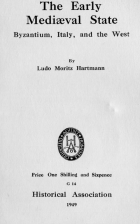
The Early Mediaeval State
ArticleClick to view -
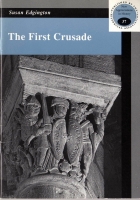
The First Crusade
ArticleClick to view -
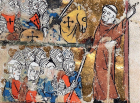
The First Crusade, 1095–99
ArticleClick to view -
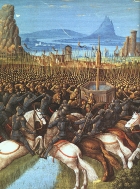
The Knights Templars
ArticleClick to view -
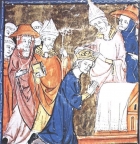
The Medieval Empire
ArticleClick to view -

The Miraculous Crusade: The Role of the Mystical and Miraculous in the Morale and Motivation of the First Crusade
ArticleClick to view -
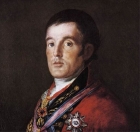
The Undergrowth of History
ArticleClick to view -
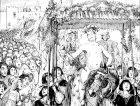
The throne and the fairy tellers
ArticleClick to view -
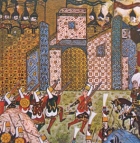
Upwards till Lepanto
ArticleClick to view -

Virtual Branch Recording: Crusader Criminals
ArticleClick to view

